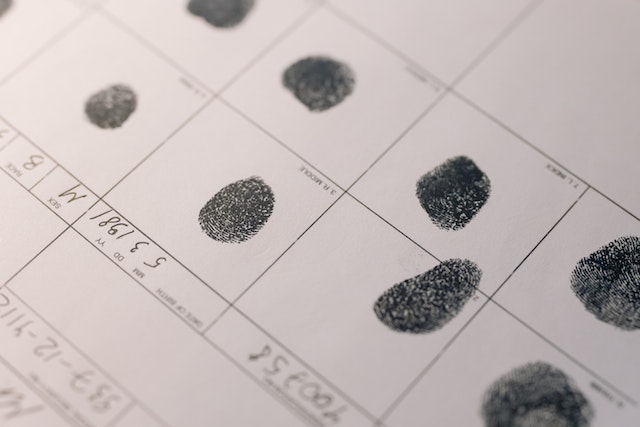As businesses continue to use the internet to establish their online presence, screen scraping is becoming much more prevalent. Screen scraping is where someone uses software or code to take data from another website. For example, popular platforms like Skyscanner or booking.com usually take price data on flights and accommodation to display them on their websites. However, Australian copyright laws or the website owner’s terms and conditions may forbid you from screen scraping. This article explains the legal aspects of data scraping from another business’ website and what precautions you should take.
Am I Violating the Law by Screen Scraping?
Australian copyright law safeguards ‘original creative works’, including:
- written works;
- visual images;
- music; and
- moving images.
Additionally, copyright can protect documents such as government reports and legal forms. Nevertheless, when determining if copyright protects a creative work, it is crucial to note that the work need not be intricate or of high quality. Instead, the work must only demonstrate originality and not be copied from another source.
Is Data an ‘Original Work’?
Data is usually fact-based and primarily consists of statistics or numbers. As a result, copyright does not usually protect data.
Examples of such data include:
- the consumer price index for a particular quarter;
- monthly house price increases in a city;
- the number of students in a class; or
- the count of films released in a year.
Generally, the law does not consider this an original work as it merely represents real-world information.
What Data is an ‘Original Work’?
However, there are instances when data can be an original work. For example, if you organise data in a unique manner that reflects someone's creativity, the law might consider this data an ‘original work’.
Examples of organised data that copyright protects include;
- accounting forms;
- sequences of numbers or letters for a bingo game; or
- a car parts catalogue.
Consequently, screen scraping data from a website is unlikely to infringe on copyright unless it involves protected, creatively organised data. Infringing on someone’s copyright means you have used their copyright-protected material without their permission.
Are There Exceptions to Copyright Law?
In the rare event that your screen scraping infringes on copyright, your use could fall under an exception to copyright infringement. Australian copyright law refers to these exceptions as 'fair dealing.'
The four ‘fair dealing’ exceptions include using copyright-protected materials for:
- research or study;
- review or critique;
- parody or satire; and
- reporting the news.
For instance, a journalist scraping original data sets to report potential price-gouging among airlines could potentially rely on the exception to report the news. However, if you are scraping data for business purposes, the fair dealing exceptions may not apply.
What if a Website Explicitly Bans Screen Scraping?
Even if screen scraping is not always illegal under Australian copyright law, website owners can establish contracts that prohibit data scraping through their website's terms of use. These terms of use often appear as website pop-ups. The pop-ups typically state that by continuing to use the website, you accept the terms of use.
These terms can explicitly forbid:
- data scraping;
- copying;
- hacking; or
- any form of data extraction.
Violating these terms would result in you breaching the website’s terms of use. As a result, the website owner may take legal action against you. If the data on the website qualifies as original work, copyright infringement claims may also arise.
Therefore, it is advisable to not screen scrape from websites with explicit terms of use against such activity. If you do engage in screen scraping, ensure you only extract factual information.
Key Takeaways
Screen scraping is generally lawful if you extract strictly factual information from other websites. However, if a website's terms of use prohibit screen scraping, even for factual data, it is advisable to abstain from data scraping. Otherwise, you could face potential breach of contract and copyright infringement claims.
For assistance with your legal obligations, LegalVision’s experienced IT lawyers can assist as part of their membership. For a low monthly fee, you will have unlimited access to lawyers to answer your questions and draft and review your documents. Call LegalVision today on 1800 296 912 or visit their membership page.







